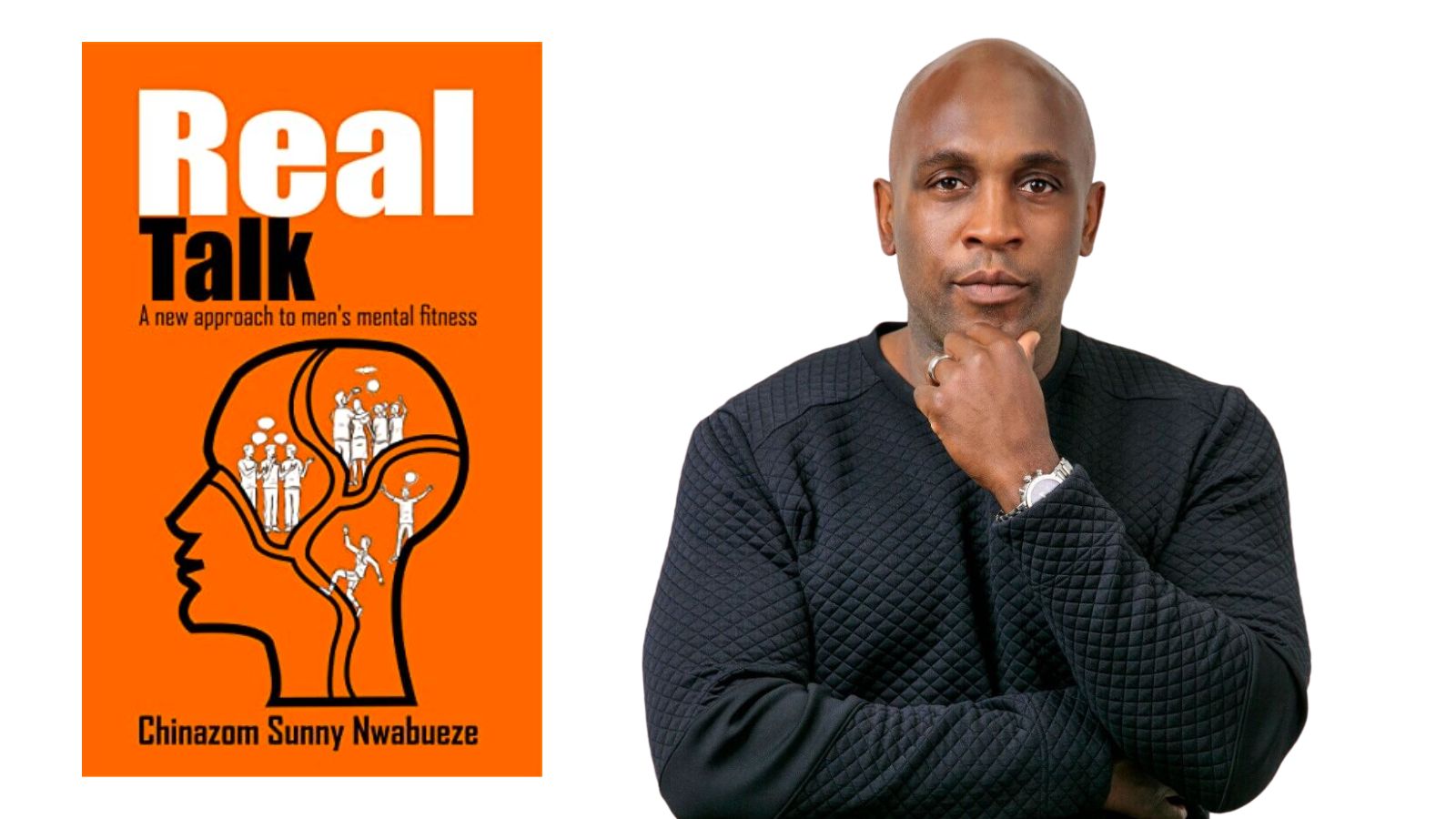
Assistive technology software company, Dolphin Computer Access (Dolphin), has launched a new tool, Be My Best Self, in support of Mental Health Awareness Week which helps people identify ways to thrive in the workplace, at home and in educational settings.
Over eight million people in the UK experience anxiety and mental health issues. The NHS says that loss of control is one of the main causes of stress and taking back control is a crucial part of finding a solution.
This week also intersects with Global Accessibility Awareness Day (GAAD), a day dedicated to ensuring that anyone with disabilities can engage in online and digital activities with the same successful outcome as those without disabilities. As people with a visual impairment are up to four times more likely to suffer with their mental health, Dolphin has leveraged their experience and insight to encourage useful conversations around accessibility for better wellbeing.
Noel Duffy, Dolphin’s Chairman said “In stressful situations, people may feel vulnerable or struggle to find the words to express what they really need. Imagine how useful and encouraging it could be when someone can hand over a piece of paper and say ‘I’ve thought really hard about what could help me to do even better. Please help me reach my full potential.” He continued, “We’ve already seen these simple questions make a big difference to the lives of people with a visual impairment and want to make sure that more people benefit from the support that’s out there.”
In just five questions, Be My Best Self guides both visually impaired and sighted users through a personal, introspective process to kickstart conversations that enable them to thrive in challenging situations:
1. How do you prefer to communicate with people?
Whether by appointment, during particular hours, written or verbal; suggesting parameters can increase feelings of control.
2. What technology might make a difference?
It could be as simple as an appropriate IT setup, adaptable lighting to avoid over stimulation, magnification tools or a screen reader. Guidance on how to make these requests and access financial support is available.
3. How might getting around be made easier for me?
Maybe extra time between classes or meetings would make transitions easier and free up headspace for the next topic. Maybe, the rooms you use could have adjustments made so that they consider disabilities and the needs of neurodiverse people.
4. What skills or processes could make things less challenging?
Perhaps you have some training in mind, you’d prefer to input into group discussions ahead of time or really need help de-cluttering. Putting measures in place will have a calming effect.
5. What other adjustments might enable me to flourish?
Reasonable adjustments are different for each individual. By exploring what makes you tick, and asking for help, you can achieve your full potential.
Once complete, the tool emails a summary of the responses to the user which can then be shared with a workplace, educational setting, family or friends. By sharing this information, people will take their first steps in communicating what they need and start feeling empowered enough to thrive.



